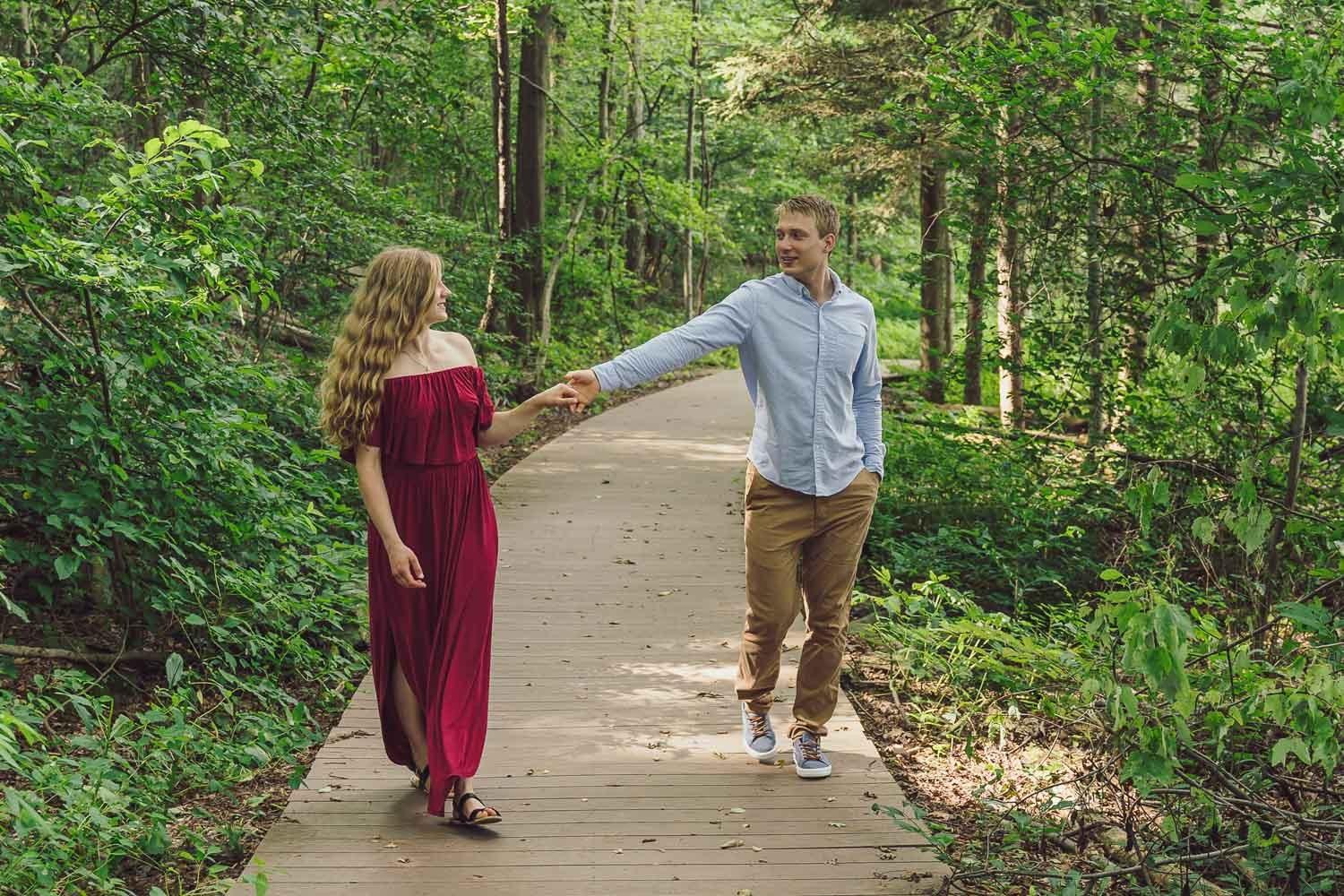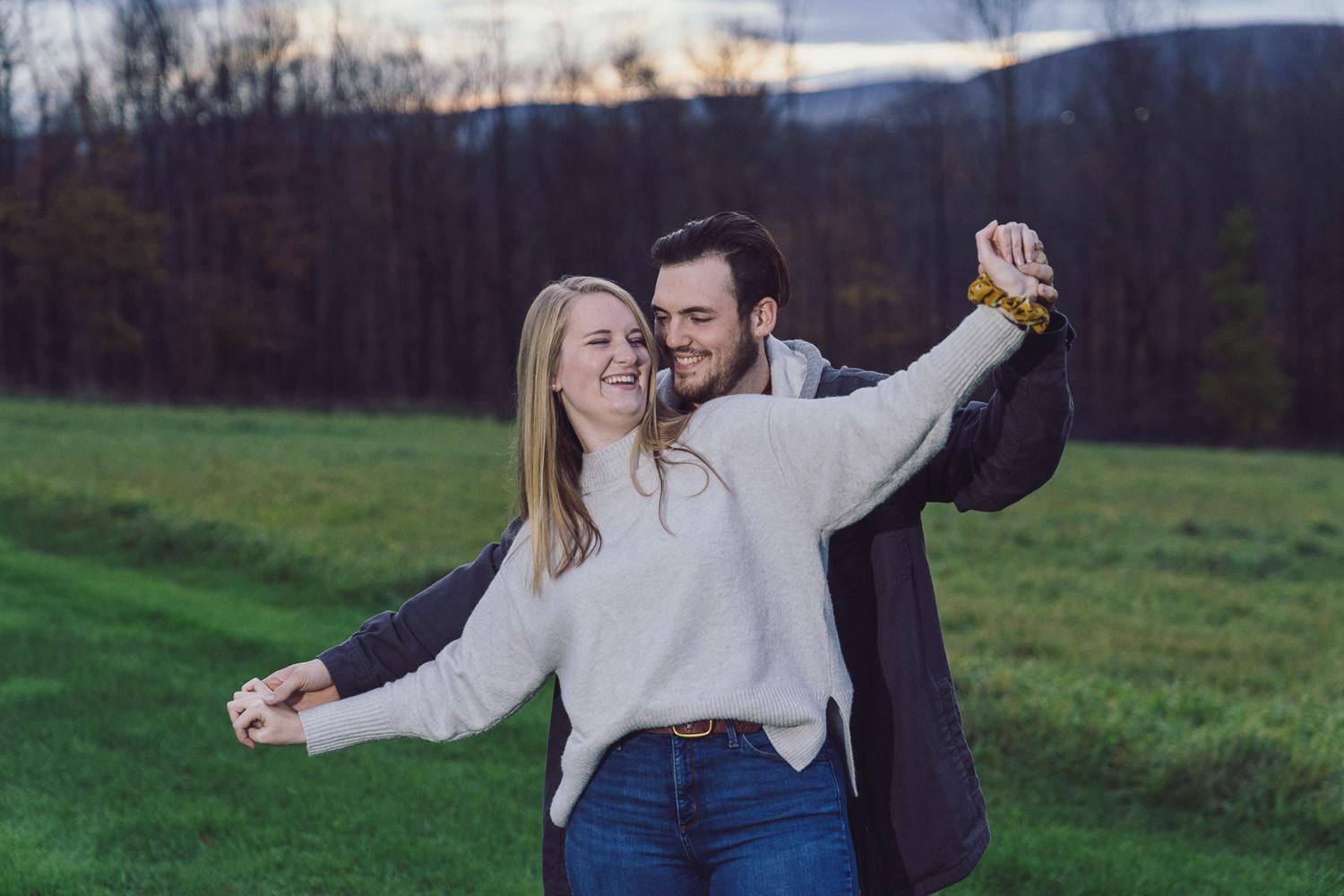How I Stumbled Into the Wedding Industry (And Why I Never Left)
April 16th, 2025
Before I ever picked up a camera professionally, I was a music teacher at a nonprofit. My life was centered around helping others, creating meaningful experiences, and using art as a way to connect. But even long before that, I’ve always had a fascination with cameras. As a kid, I was always fascinated with cameras. I had multiple point-and-shoot cameras, taking photos of pretty much anything and everything.
Eventually, I bought my first “real” camera — a Canon Rebel T6i — with the idea of documenting our summer camps. I didn’t know it then, but that decision quietly changed the course of my life.
Fast forward a bit: I’m at the gym, and I overhear a guy (who I knew casually — we’d spot each other or chat between lifts) talking with his girlfriend about getting engaged and needing photos. Without thinking, I blurted out, “I know someone who can help with that.” That someone… was me. Even though I had no idea what I was doing.
We picked a date, time, and location. It was 7 a.m. and HOT — like, ridiculous, sweat-through-your-shirt hot. I spent the entire shoot faking it till I made it, doing my best to pose them and make it feel like I wasn’t wildly inexperienced. I edited the photos and sent them over, bracing for the worst.
But to my surprise, they loved them.




A few months later, right before COVID hit, they told me they were getting married in September 2020 and wanted me to shoot the wedding. I was upfront — I had zero experience, but if they were okay with that, I’d figure it out. Later, one of their moms voiced concerns about having a friend photograph the wedding (which, honestly, I understood and was slightly relieved by). But then they asked if I could film it instead.
At that point, all I had done was a tiny video for her in my basement studio. But I said yes. Again. How hard could it be?
Then came March 2020. The world shut down, and with it, my teaching job was gone by May. Suddenly, I had time — a lot of it. I dove headfirst into the YouTube rabbit hole, learning everything I could about wedding videography. I watched behind-the-scenes videos, tutorials, gear breakdowns, everything.
By the time September rolled around, I had spent months studying and preparing. I showed up at that wedding and gave it everything I had. After 12 hours of nonstop filming, I wasn’t sure I wanted to do that every weekend. It was exhausting. But then, I delivered the final video.
That’s when everything changed.
The couple called me — I didn’t answer, but they left a voicemail. She was in tears, overwhelmed with emotion, saying how much they loved the video and how perfect it was. I still have that voicemail saved on my phone. That moment right there made all of it — the exhaustion, the learning curve, the long hours — completely worth it.
Coming from the nonprofit world, where helping others was my daily mission, I realized that wedding videography tapped into the same part of me. It wasn’t just about the visuals. It was about giving someone something they’d cherish forever.
That’s why I do what I do.




It’s not just about the money (although yes, it’s a nice perk). It’s about what I can bring to someone’s life. These videos and photos aren’t just files on a drive — they’re memories, stories, and emotions frozen in time. I remind myself of that with every wedding.
And the best part? It’s not just when couples love their videos or photos — it’s when they say they loved working with us. That we made their day less stressful, more enjoyable. That we were more than vendors — we were part of the experience.
That’s what I believe wedding photographers and videographers should be. Not just someone who shows up, clicks a shutter, and collects a check. We’re capturing the moments that will live on forever. That’s a huge responsibility — and an even bigger privilege.
So that’s how I got into the wedding industry — by accident, with a whole lot of heart. And that’s why I’m still here.








